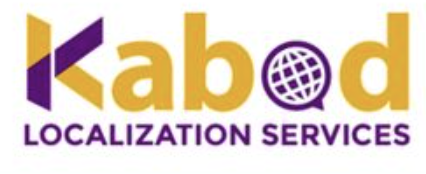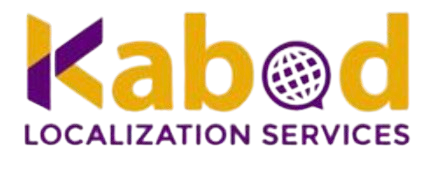
Translation plays an indispensable role in today’s interconnected world, enabling communication across cultural and
linguistic divides. With over 2,000 languages spoken across the continent, Africa holds immense potential for a robust
translation industry. Yet, despite its promise, the translation industry in Africa struggles with numerous challenges.
These challenges include but are not limited to: low pay, misconceptions about translation profession, unrealistic
deadlines and non-payment or delayed payment.
The absence of a standard professional body to regulate practices and protect the interests of translators exacerbates
in Africa these issues, leaving translators vulnerable to exploitation and undervaluation. Without such an institution,
the profession risks stagnation, losing credibility, and failing to attract talent capable of addressing the growing
demand for high-quality translation services.
One of the most pressing challenges African translators faces is low pay. In an unregulated market, translators are often subjected to exploitative rates that undervalue their expertise and efforts. Clients frequently offer payments that
do not correspond to the time, effort, and expertise invested in producing quality translations. Many translators, particularly those new to the profession or operating in financially constrained environments, find themselves with little choice but to accept these offers. Abdul Omoyele , the founder of Akomolede Tutors and a seasoned Yoruba translator, remarked: “A publishing company once asked me to translate a children’s book into Yoruba. When I told them my rates, they acted shocked and said they could get someone cheaper. They didn’t value the effort and skill it takes to deliver accurate translations for children.”
This acceptance perpetuates a cycle where translators are undervalued, and the profession as a whole is perceived as
a low-skill endeavor. For professionals dedicated to high standards, these low rates are not only disrespectful but
demoralising. The constant pressure to compromise on fees to remain competitive undermines the potential for
professional growth and innovation within the industry.
Moreover, the general lack of understanding about the complexity of translation work exacerbates the issue. Clients
often view translation as a straightforward task of converting words from one language to another. This
misconception trivialises the intellectual and cultural depth required for effective translation. Chioma Obiezu, an Igbo
translator, shared her frustration: “A client rejected my work, saying it didn’t sound professional enough. They didn’t
understand that Igbo has idiomatic expressions that convey meaning in culturally appropriate ways. I had to spend
hours explaining this—unpaid, of course.
”
In reality, translation involves a technical process of cultural interpretation, tone preservation, and contextual
alignment to ensure that messages resonate with the intended audience. This level of expertise requires years of
study, practice, and cultural immersion. Without a regulatory body to educate clients and advocate for fair
compensation, many translators are left negotiating in an environment that undervalues their skills. This
undervaluation not only affects individual livelihoods but also deters talented individuals from pursuing careers in the
field, ultimately stunting the industry’s growth. Beyond issues of pay, African translators often face the challenge of
unrealistic deadlines. Many clients demand high-quality translations within impossibly short timeframes, leaving little
room for the thorough research, cultural adaptation, and meticulous proofreading that quality translation requires.
This pressure compromises not only the translator’s well-being but also the quality of their work. Meeting such
demands often means sacrificing depth and accuracy, which can harm the translator’s reputation and diminish client
satisfaction. Abdul Omoyele noted: “I had a tech company approach me to translate their app’s interface into Yoruba,
but they gave me just two days to complete the work! They didn’t care that cultural adaptation and proper
proofreading need time. I had no choice but to rush the job.
” The lack of standardized project timelines or regulatory
oversight means that translators are often forced to either accept these terms or risk losing clients.
This dynamic creates a stressful work environment, discouraging many skilled practitioners from remaining in the
profession. Equally disheartening is the pervasive issue of non-payment or delayed payment for completed work.
Many translators invest significant time and effort into projects only to face difficulties in receiving their agreed-upon
compensation. In the absence of a structured regulatory framework, translators often have no legal or professional
recourse when clients fail to honor their commitments. Some translators resort to naming defaulters publicly in an
attempt to recover payments, but this approach is fraught with risks. It can damage professional relationships and
reputations, further isolating the translator in an already challenging industry. Shafiu Ahmed , a Hausa translator
specializing in technical documents, added: “I translated a 50-page document for an international firm, but when it
was time for payment, they claimed dissatisfaction and refused to pay. With no regulatory body to help, I felt
helpless. Publicly calling them out seemed like my only option, but it hurt my reputation.”
Get Updates And Stay Connected -Subscribe To Our Newsletter
Relevant Pages
Contact Info
- 055 015 75 72 / 059 900 1499
- languages@kabodgroup.com
- L52 Patan Gbe Avenue, East Legon Extension, Accra, Ghana

